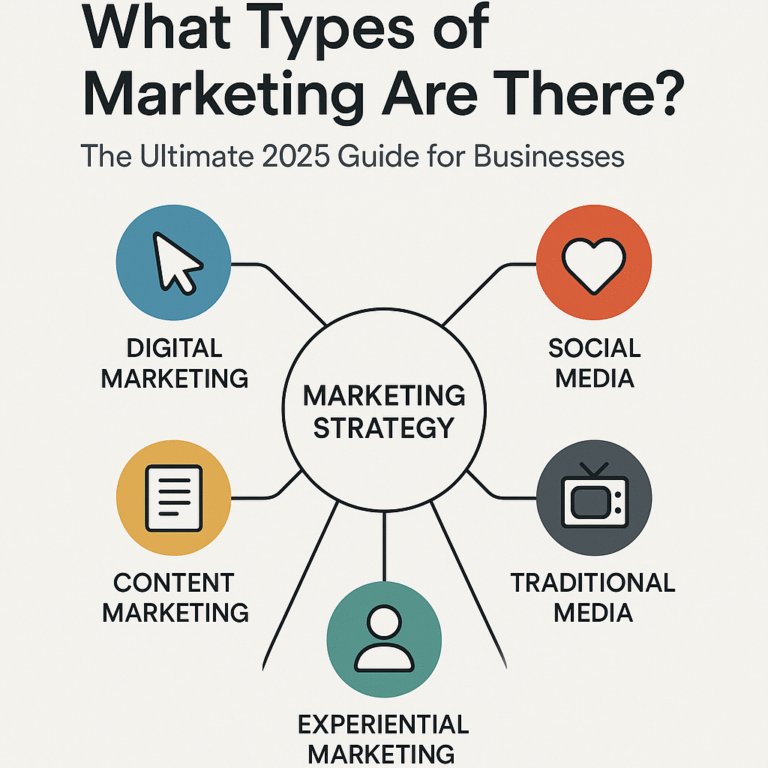This article is for informational and educational purposes only. It is not intended to be, and should not be construed as, financial, investment, or legal advice. The stock market involves risks, including the potential loss of principal. Before making any investment decisions, you must consult with a qualified and licensed financial advisor who can assess your personal financial situation and risk tolerance. Do not rely solely on the information provided here.
How to Invest in the Bangladesh Share Market: A Complete Guide for 2025
Bangladesh’s economy has shown remarkable resilience and growth, making its capital markets an increasingly attractive destination for both local and international investors. Whether you’re a Bangladeshi resident, a Non-Resident Bangladeshi (NRB) wanting to invest back home, or a foreign national, the process of investing in the share market is more accessible than ever.
This guide provides a comprehensive, step-by-step overview of how to get started in 2025, tailored for each type of investor.
Understanding the Basics of the Bangladesh Share Market
Before you invest, it’s essential to know the key institutions that make the market function.
- Dhaka Stock Exchange (DSE) & Chittagong Stock Exchange (CSE): These are the two primary stock exchanges in the country where the buying and selling of shares take place. The DSE is the larger and more prominent of the two.
- Bangladesh Securities and Exchange Commission (BSEC): The market regulator. The BSEC’s role is to protect investors, develop the market, and ensure fair and transparent practices. Always ensure your broker is licensed by the BSEC.
- Central Depository Bangladesh Limited (CDBL): The CDBL operates and maintains the electronic system for holding shares. When you buy shares, they are deposited into your electronic account here, eliminating the need for physical share certificates.
- Brokerage Houses (or Stockbrokers): These are BSEC-licensed firms that act as intermediaries, executing buy and sell orders for investors on the stock exchanges. You cannot trade directly on the DSE or CSE; you must go through a broker.
The BO Account: Your Key to the Market. The single most important requirement for any investor is a Beneficiary Owner’s (BO) Account. This is an electronic account, opened with a brokerage house, that holds all your shares in a dematerialized (electronic) format. Think of it as a bank account, but for stocks and bonds.
The Step-by-Step Guide for Bangladeshi Residents
For residents of Bangladesh, the process is straightforward. Here’s how you can get started.
Step 1: Gather Your Required Documents
Before approaching a broker, get the following documents ready to ensure a smooth process:
- Your National ID (NID) Card (photocopy).
- Two or three recent passport-sized photographs.
- Details of your bank account (a photocopy of a cheque leaf or a bank statement).
- Your Taxpayer’s Identification Number (TIN) certificate (if available).
- For your chosen nominee: their passport-sized photograph and a copy of their NID. The nominee is the person who will inherit your shares.
Step 2: Choose a Reputable Brokerage House
Selecting the right broker is a critical decision. Look for:
- BSEC License: Non-negotiable. Verify their license on the BSEC or DSE website.
- Trading Fees: Brokers charge a commission on trades, typically ranging from 0.25% to 0.50% of the transaction value. Compare these fees.
- Digital Platform: Check the quality of their online trading software and mobile app. A good app allows you to trade, deposit funds, and withdraw money seamlessly.
- Customer Service & Research: Good brokers provide responsive customer support and offer research reports to help you make informed decisions.
You can find a full list of licensed brokers on the official DSE website.
Step 3: Open Your BO Account
Once you’ve chosen a broker, you can open your BO account. Many leading brokerage firms now offer a completely online account opening process through their websites or apps. Alternatively, you can visit their office. You’ll fill out the account opening form, submit your documents, and pay the account opening fee, which is typically around BDT 450-500 for the first year.
Step 4: Fund Your Account & Start Investing
After your BO account is active, you need to deposit funds to start buying shares. You can do this via bank transfer, cheque deposit, or using the online deposit gateway in your broker’s trading app. Once your account is funded, you can place buy/sell orders through the mobile app, desktop software, or by calling a designated trader at the brokerage house.
A Guide for Non-Resident Bangladeshis (NRBs)
Investing from abroad is a fantastic way for NRBs to participate in the nation’s growth. The process is similar to that for residents but includes a crucial extra step.
The NITA Account: Your Gateway for Foreign Currency
NRBs must open a Non-Resident Investor’s Taka Account (NITA). This special bank account is designed to channel foreign currency into the Bangladeshi market and repatriate profits back out. You can open a NITA with an authorized dealer bank in Bangladesh (e.g., Sonali Bank, BRAC Bank, Eastern Bank, City Bank all have strong NRB services).
The Process for NRBs:
- Open a NITA: Contact the NRB division of a major Bangladeshi bank. You will need to submit documents like your valid passport, visa/work permit, and a bank statement from your country of residence.
- Choose a Broker: Select a brokerage house that has a dedicated NRB service desk. They are experienced in handling NRB documentation and needs.
- Open an NRB BO Account: The required documents are similar to residents, but you’ll also need your NITA details. Your documents may require attestation from the Bangladesh Embassy or High Commission in your country of residence. Your broker will guide you on this.
- Fund and Invest: You transfer foreign currency (e.g., USD, GBP, EUR) to your NITA. The bank converts it to Bangladeshi Taka (BDT). From your NITA, you can then transfer the Taka to your brokerage account to buy shares.
- Repatriate Profits: Dividends and sale proceeds (after-tax) can be credited back to your NITA. From there, you can easily repatriate the funds back to your foreign bank account in the original currency.
A Guide for Foreign Nationals & Institutions
Bangladesh’s capital market is open to foreign investors. The process mirrors that for NRBs but is typically handled with more formal oversight, often involving a custodian bank.
- Account Opening: Foreign investors also need to open a NITA to channel funds.
- Documentation: The documentation requirements are more rigorous and must be properly authenticated.
- Custodian Services: Most foreign institutional investors appoint a local custodian bank in Bangladesh. The custodian handles trade settlements, safekeeping of assets, compliance, and reporting, making the process much smoother.
- Broker Selection: It is vital to work with a top-tier brokerage firm that has a dedicated desk for foreign institutional clients and is well-versed in international compliance standards.
Frequently Asked Questions (FAQ)
The BO account opening fee is set by the CDBL, typically BDT 450 per year. Trading commissions (brokerage fees) are charged on every transaction and usually range from 0.25% to 0.50% of the trade value.
Yes. As of 2025, most of the leading brokerage firms in Bangladesh offer a fully digital, paperless process for opening a BO account through their secure online portals or mobile apps.
There is no official minimum investment amount. However, considering the transaction fees, it’s practical to start with an amount where the fees don’t eat up a significant portion of your capital. Many suggest starting with at least BDT 20,000 – 50,000 to make it worthwhile.
Tax laws can change. As of early 2025, for individual investors, capital gains from the sale of shares are generally subject to tax. However, the rules can differ for resident vs. non-resident investors and are subject to change in the national budget. It is absolutely essential to consult with a professional tax advisor for the most current and personalized information.
The most reliable source is the official website of the Dhaka Stock Exchange (DSE). They maintain an up-to-date directory of all active and licensed brokerage houses.




